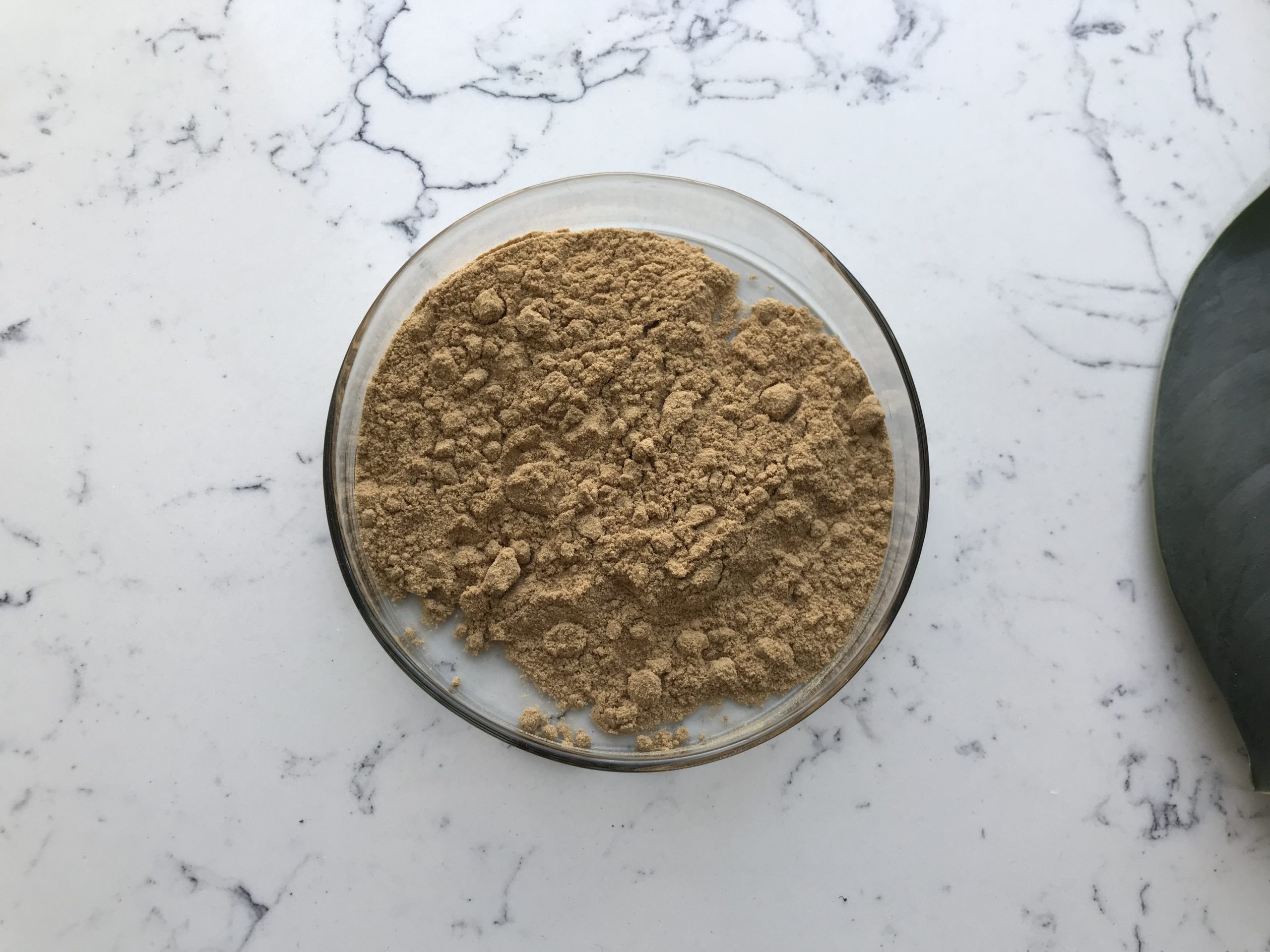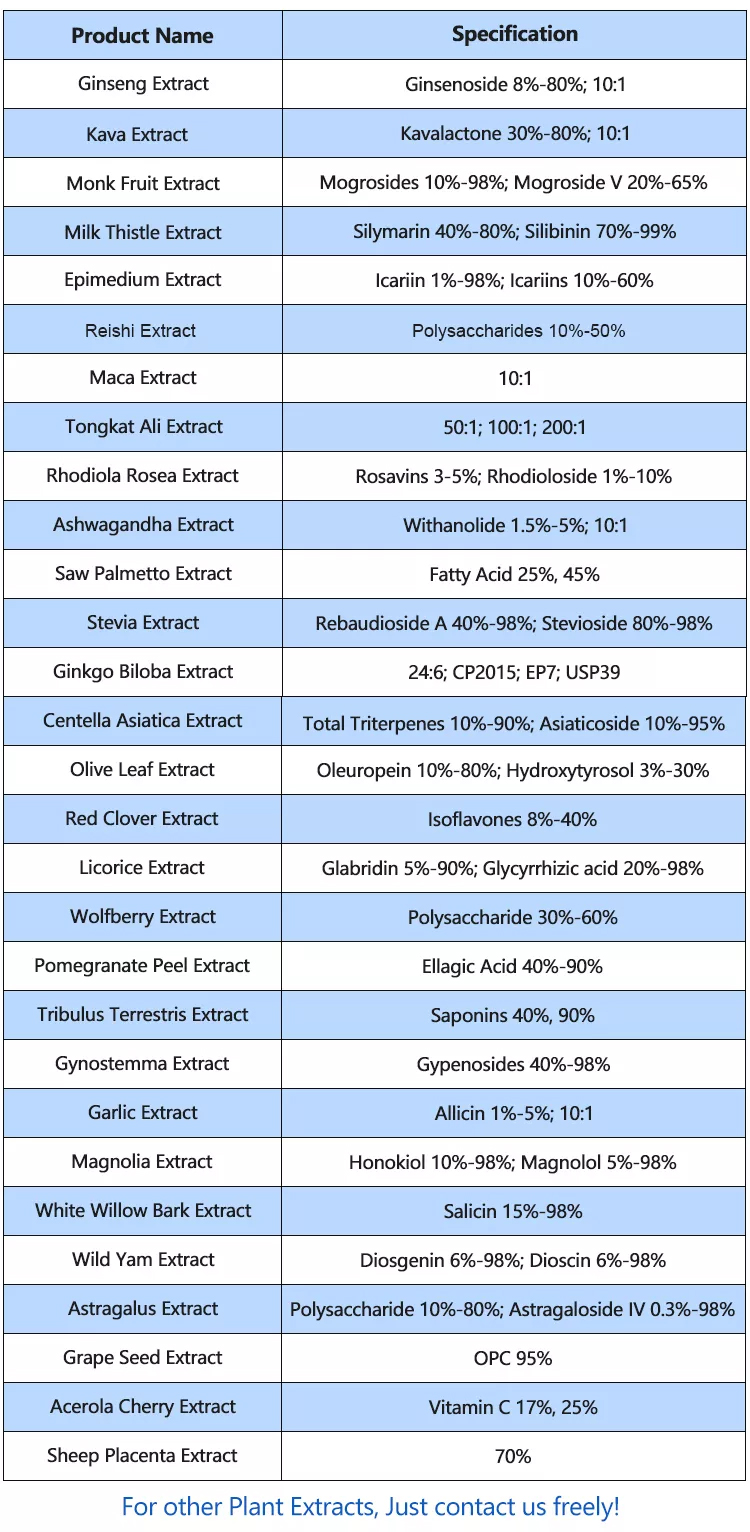Kava extract is derived from the roots of the kava plant (Piper methysticum), which is native to the South Pacific islands. It has been used traditionally in these cultures for centuries for its sedative, anxiolytic, and relaxation-inducing effects. Kava extract contains compounds called kavalactones, which are believed to be responsible for its psychoactive properties.
Applications of Kava Extract
Anxiety and Stress Relief: Kava extract is perhaps most well-known for its potential to reduce anxiety and stress. The kavalactones in the extract interact with neurotransmitter receptors, particularly GABA receptors, leading to a calming and relaxing effect. It is often used as a natural alternative to pharmaceutical anti-anxiety medications.

Sleep Aid: Due to its calming effects, kava extract is also used as a sleep aid by promoting relaxation and helping individuals fall asleep more easily. Some people find it helpful for managing insomnia or improving sleep quality.
Mood Enhancement: Kava extract has been suggested to have mood-enhancing effects by promoting feelings of happiness and contentment. It may help alleviate symptoms of mild depression and improve overall emotional well-being.
Muscle Relaxation: The muscle-relaxing properties of kava extract make it a potential remedy for easing muscle tension and reducing physical discomfort. This effect is often used to help with relaxation and stress-related muscle tightness.
Social Anxiety and Sociability: In some cultures, kava extract has been used to enhance social interactions by reducing social anxiety and promoting a sense of sociability. It may be consumed in social gatherings to help people feel more at ease.
Support for Alcohol Withdrawal: Some studies suggest that kava extract might aid in managing alcohol withdrawal symptoms, potentially due to its anxiolytic and calming effects. However, this use requires careful consideration and medical supervision.
Pain Management: While not a primary application, some people use kava extract to help manage pain, particularly musculoskeletal pain and discomfort. Its muscle-relaxing properties may contribute to this effect.
It’s important to note that while kava extract has these potential benefits, there are also concerns about its safety and potential side effects. Long-term or excessive use of kava extract has been associated with liver toxicity, and certain formulations or preparation methods might pose a higher risk. As a result, many countries have regulated the sale and consumption of kava products. If you’re considering using kava extract for any purpose, it’s advisable to consult with a healthcare professional to ensure it’s safe and appropriate for your individual circumstances.
Additionally, my knowledge is based on information available up until September 2021. It’s possible that there have been developments or changes in the understanding and usage of kava extract since then.
The negative impact of the Kava Extract
As of my last knowledge update in September 2021, Kava extract is derived from the root of the kava plant (Piper methysticum) and has been used for centuries in traditional Pacific Island cultures for its relaxing and sedative effects. However, there have been concerns and reports about potential negative impacts associated with the use of kava extract. It’s important to note that the information might have evolved since then, so it’s a good idea to consult more recent sources for the latest understanding.
Hepatotoxicity: One of the most significant concerns associated with kava extract is its potential to cause liver damage or hepatotoxicity. Several cases of liver toxicity have been reported, including instances of liver failure, cirrhosis, and even a few deaths. Due to these concerns, several countries, including Germany, France, Canada, and the UK, have banned or heavily regulated the sale of kava products.
Drug Interactions: Kava extract may interact with certain medications, particularly those that affect the liver. This could potentially lead to increased side effects or reduced efficacy of these medications. People taking medications should consult with a healthcare professional before using kava extract.
Allergic Reactions: Some individuals may experience allergic reactions to kava extract, resulting in symptoms like rash, itching, and swelling.
Drowsiness and Impaired Cognitive Function: While kava extract is often used for its relaxing effects, excessive consumption can lead to excessive drowsiness, impaired cognitive function, and reduced alertness.
Skin Changes: Long-term and excessive use of kava extract has been associated with a condition known as “kava dermopathy.” This condition can cause dry, scaly, and discolored skin.

Dependency and Withdrawal: Like many substances with sedative effects, there is potential for psychological dependency on kava extract, and abrupt cessation after regular use can lead to withdrawal symptoms such as irritability, restlessness, anxiety, and mood disturbances.
It’s important to note that the negative impacts of kava extract can vary depending on factors such as dosage, frequency of use, individual sensitivity, and potential interactions with other substances. If someone is considering using kava extract for its potential benefits, it’s advisable to consult a healthcare professional before doing so, especially if they have underlying health conditions or are taking other medications.
Given that my information is based on knowledge available up until September 2021, there may have been updates or changes in our understanding of the impacts of kava extract since then. Always refer to the latest research and expert guidance for the most current information.
